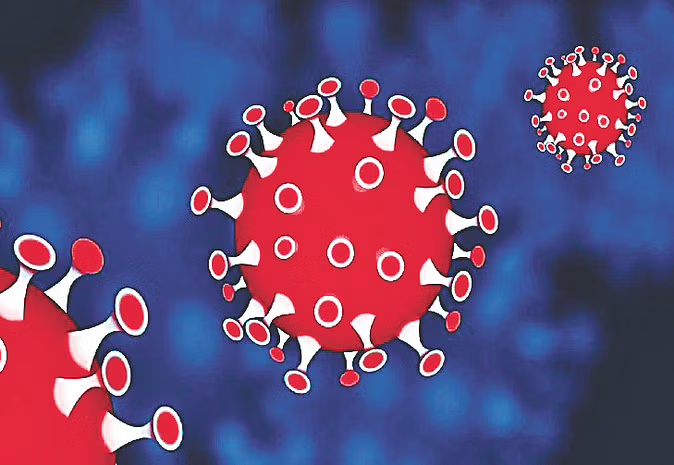The threat of Corona persists globally. Currently, there is a decline in the pace of increase in cases of infection across the world in November-December 2023, although scientists have indicated that coronavirus will increase once again. Experts have issued an alert saying that all people need to remain cautious regarding Corona. There is a possibility of a surge in cases of infection due to Omicron and its mutated variants.

China's National Health Commission (NHC) said that the COVID-19 situation in the country is currently well under control, but there may be a risk of infection increasing again during the spring.
The Global Times report said, a slight increase in positive cases of infection is being seen in the country, which shows that the danger is not over yet. The risk of COVID-19 may increase again due to inter-regional movement and changes in weather in the coming months, especially during the spring. There is a need to continue taking preventive measures regarding this.
Omicron's JN.1 variant is a major risk factor
Chen Cao, a researcher at the Chinese Center for Disease Control and Prevention (China CDC), told a press conference that currently in China and most countries of the world, Omicron and its mutated version JN.1 are considered to be the main cause of infection. In recent months, this variant was found to be the main reason for increased cases of corona in many countries including China, America, and Singapore. In most places, only cases of mild symptomatic disease were seen due to JN.1 infection, but the serious thing is that due to this the spread rate of infection was quite high.
Danger may increase due to crowd gathering during the Chinese New Year
The Spring Festival holiday, also known as Chinese New Year, runs from Feb. 10 to 17 in many parts of China, officials said. This is a culturally important festival, in which crowds of people gather. Any carelessness during this period may increase the risk of corona infection.
New cases are being reported in many parts of the country but they are under control, but the infectivity rate of the JN.1 variant may increase the risk of spread of infection in crowded places.
Fear of some new variant?
Li Tongzeng, chief physician of the infectious diseases department at a hospital in Beijing, says in the hospital, cases of influenza B are still high, second only to the number of COVID-19 patients. There is a risk of an increase in infection during spring, for this also the JN.1 variant is considered to be the main factor.
At present, there is no information about new mutations in Omicron at the global level. JN.1 is a variant with high transmissibility, and if it spreads in one part, it could lead to the risk of affecting most parts of the country in a short time, as we have seen in many countries in the last months.
Experts said, to take preventive measures
Health experts said, the threat of Corona remains, and no one can be considered safe from it, therefore all people should continue taking preventive measures. Boosting the immune system and following COVID-19 Appropriate Behavior can help in staying safe from the risks of infection.
JN.1 has not been shown to cause a more serious disease, but its infectivity rate is high. To protect against corona, it is necessary to wash hands regularly, wear a mask, and maintain social distancing.
(PC: Pixabay)










